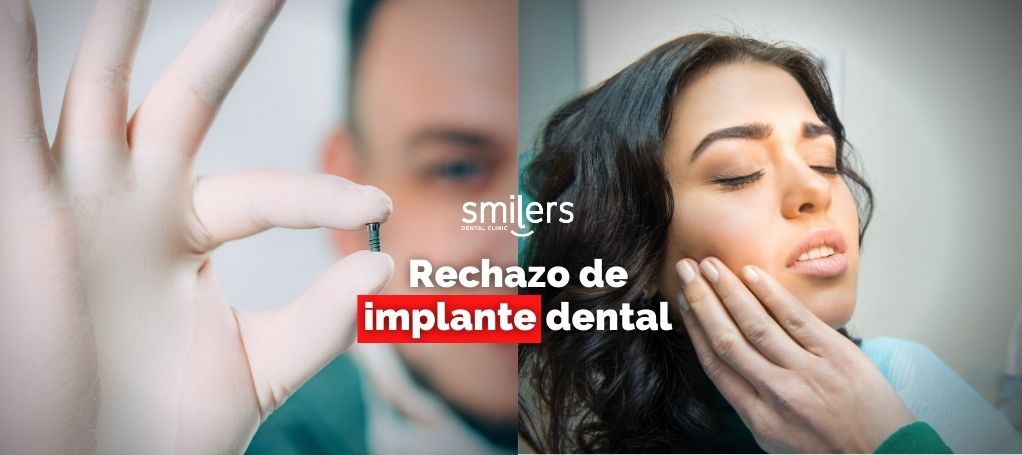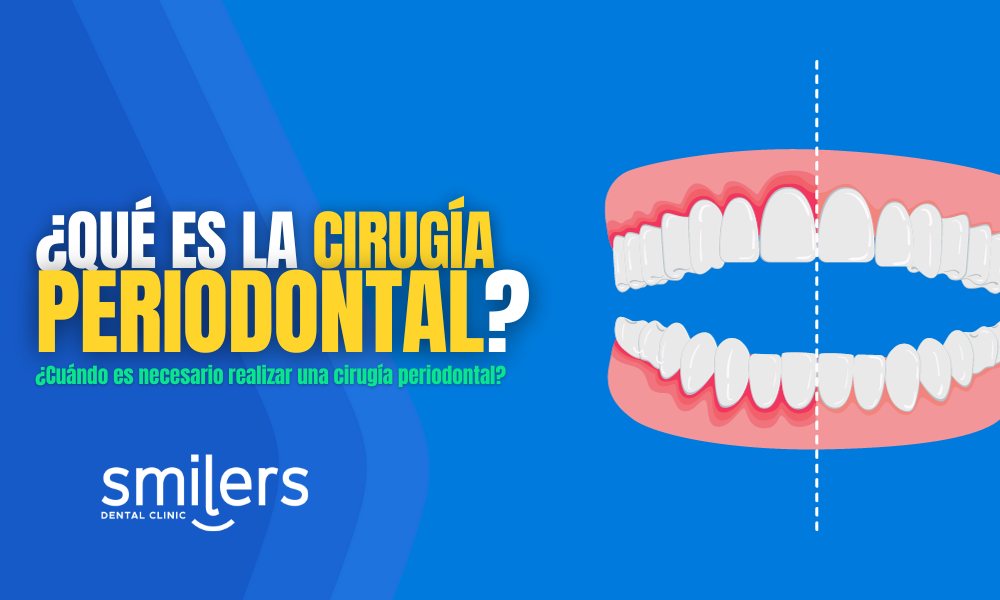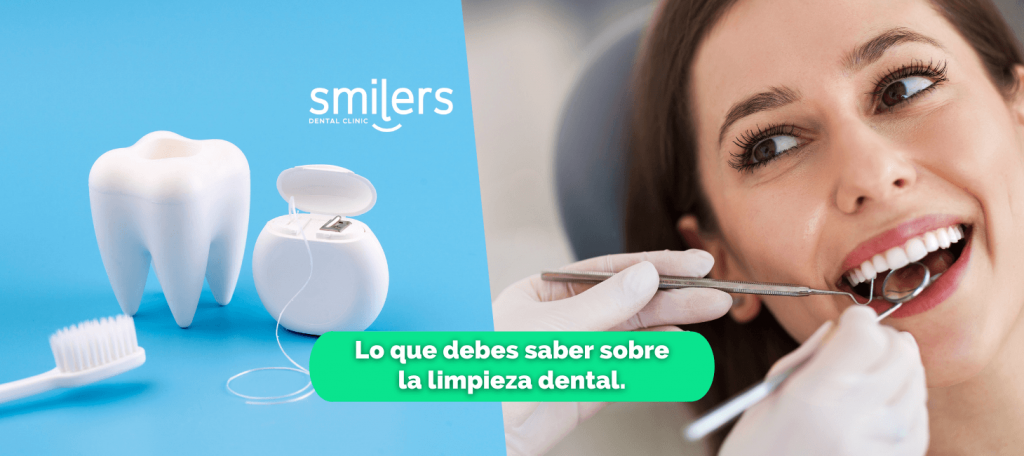The implantology sector is the most effective and recommended dental restoration system. Through dental implants we can recover the esthetics and functionality after the loss of one or more dental pieces.
In addition, it should be noted that this is one of the interventions with the highest success rate, since it is estimated that 98% of the cases are favorable. In spite of this, there are possibilities of dental implant rejection, and this is a subject that we are going to talk about in this article.
What are the Causes of Dental Implant Rejection?
The rejection of a dental implant dental implant is an uncommon situation, especially if we take into account the important improvements that the implantology sector has undergone in recent years, drastically increasing the chances of success in the intervention. Even so, there are a number of causes that may be related to the failure of the treatment.
- Tobacco is undoubtedly one of the main enemies of dental implants, so smokers will have to make an effort in the weeks following the placement of an implant.
To understand the relationship between smoking and implant rejection, it should be taken into account that smoke causes the gums to retract, leaving the area where the implant has been placed visible.
- On the other hand, it has been shown that those who suffer from diabetes are more likely to reject a dental implant.
In any case, implants continue to be the most recommended alternative for dental restoration, although it is important to talk to the specialist about our disease so that he can decide which type of treatment is best suited to our needs.
- We continue talking about the main causes of implant rejection and it is time to mention the lack of bone (or poor bone quality) as another factor that is related to the failure of the intervention.
Fortunately, this situation is becoming less and less common since before placing the implant, a personalized study is carried out where, among other things, the ideal bone area to insert the implant is decided.
- We are now talking about blows and traumatisms as another common cause of implant rejection. In this sense, it is advisable to avoid all activities that may cause any kind of blow, at least during the period of time needed for the implant to integrate into the bone.
Finally, we cannot finish this list of factors without mentioning some dental diseases as another important factor in the rejection of an implant.
- Some characteristic examples of these diseases could be gingivitis or pyorrhea, so it is essential to maintain a good oral hygiene routine during the months following implant insertion.
As we can see, the placement of a dental implant does not exempt us from brushing the affected area, quite the contrary.
What are the Symptoms of Dental Rejection?
After the insertion of an implant we have to be attentive to different signs that could be indicative of implant rejection.
One of the most common symptoms is the infection of the soft tissue that is located in the area around the implant. This infection would be accompanied by pain (which could become intense), redness and pus.
Another sign that is usually related to implant failure is discomfort when the implant is pressed . Finally, it is necessary to mention implant mobility as another usual sign of implant rejection.
In any of these situations it is vitally important to see a specialist urgently to assess the situation and, in this way, we will be able to correct any problems and avoid the loss of the implant.
Be that as it may, the vast majority of these situations are caused by inadequate patient behavior, so it is important to talk about the importance of practicing an adequate oral hygiene routine, avoiding blows or trauma to the treated area and, of course, not smoking during the period in which the implant is integrated into the bone.
This post is purely informational and does not replace a consultation with the dentist in any way. Contact the smile agents team to schedule an appointment with one of the dentists at Smilers Dental Clinic.



